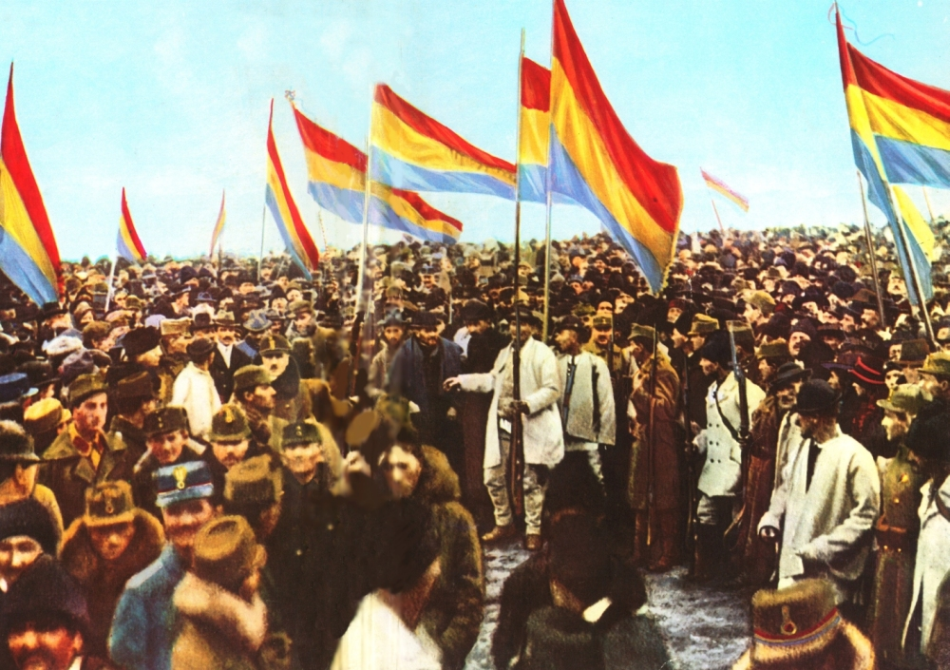CELEBRATIONS – As many as 3,500 military and experts with the Defense Ministry, the Home Affairs Ministry and the Romanian Intelligence Service accompanied by 50 aircraft and over 350 fighting vehicles will parade in Bucharest on Friday, December 1st, to mark Romania’s National Day. 300 other troops from allied and partner countries will also join the parade. Also in Bucharest, a military and religious ceremony will be held, and wreaths will be laid at the Tomb of the Unknown Soldier. The national flag will be hoisted at all military institutions. December 1st will also be celebrated abroad, through cultural events staged by the offices of the Romanian Cultural Institute jointly with Romania’s diplomatic missions. A military parade will also take place in the Romanian town of Alba Iulia, where the union of the Romanian territories was proclaimed on December 1, 1918, thus sanctioning the setting up of the Romanian unitary nation state, by bringing under Bucharest’s authority all provinces with a Romanian majority population, which had been part of the neighbouring multi-national empires.
MEETING — Romanian Defense Minister Mihai Fifor met on Thursday with his Moldovan counterpart Eugen Sturza, who pays an official visit to Bucharest to attend the events occasioned by Romania’s National Day. According to a release by the Defense Ministry, talks focused on the stage of bilateral cooperation in the field of defense and perspectives for development. The two officials also discused about collaboration within international organisations with an emphasis on Romania’s further supporting Moldova’s bid for the EU and boosting cooperation with NATO in order to enhance the interoperability of the armed forces.
EU BUDGET — The European Parliament convened in a plenary sitting in Brussels on Thursday approved the EU budget for 2018. The total budget for next year is 160 billion euros. “This budget delivers on what EU citizens expect from Europe: jobs and growth on the one hand and security on the other. By investing in research, infrastructure, education and SMEs, we will become more competitive and future-oriented. As for security, we have succeeded in strengthening Europol and Eurojust, so that they ensure better cooperation and coordination in fighting terrorism and organised crime across the EU”, said lead rapporteur, the Romanian Siegfried Muresan.
UNEMPLOYMENT — The unemployment rate in the European Union was 7.4 % in October 2017, the lowest level since the end of 2008, according to data made public by Eurostat on Thursday. Among the Member States, the lowest unemployment rates in October 2017 were recorded in the Czech Republic (2.7 %), Malta (3.5 %) and Germany (3.6 %). The highest unemployment rates were observed in Greece (20.6 % in August 2017) and Spain (16.7 %). Romania falls below the EU average, with an unemployment rate of 4.9% in October, just as in the previous month.
NATIONAL BUDGET – Romanian Prime Minister Mihai Tudose said on Thursday that health, education and infrastructure are the centre of the 2018 state budget. He also mentioned that the 2% earmarked for defence would be maintained. Romania’s state budget for next year is built on a 5.5% economic growth rate, and a budget deficit of 2.97% of the GDP, according a Report on the macroeconomic situation and its projection for the 2019-2021 period, made public by the Finance Ministry. The average inflation rate considered when drafting the 2018 budget is 3.1% and the exchange rate is 4.55 lei for one euro. Also, a 4.2% increase in the number of employees is forecast, at the same time with a decrease in the unemployment rate, which is expected to stand at 3.9% at the end of next year.
ST. ANDREW’S DAY — Orthodox, Greek Catholic and Roman Catholic believers from all over the world, Romania included, celebrated on Thursday St. Apostle Andrew. He is the first of Jesus Christ’s apostles who preached Christianity in the south of Romania. This way Saint Andrew is also considered the patron saint of the country. Saint Andrew preached in Dobruja and in today’s Ukrainian territory, in Great Scythia, and then in Byzantium. He then went to Greece and preached the Gospel, going up to Patras town where he died a martyr’s death. He was crucified on an X-shaped cross. Over 700 thousand Romanians named after St. Andrew celebrated their name day on Thursday.
VISAS – The Romanian Foreign Ministry recalls that, as of December 1st, Romanian citizens will be able to travel to Canada visa free, for periods of maximum 6 months, for tourist purposes. Those who intend to travel by plane will have to first get an Electronic Travel Authorization — eTA. The others will only have to have a valid passport. The Romanian Foreign Ministry hails the decision made by the Canadian authorities to liberalize the visa regime for the Romanian citizens, the outcome of years of diplomatic cooperation, also with the participation of the European Commission.
WARNING – The United States has urged all countries to sever economic and diplomatic ties with North Korea. Speaking at an emergency meeting of the U.N. Security Council to discuss North Korea’s latest missile launch, U.S. Ambassador to the United Nations, Nikki Haley warned Pyongyang that the regime will be “utterly destroyed” if a standoff over missile tests leads to war. She also said Pyongyang had brought the world closer to war with its latest test of a ballistic missile capable of striking the U.S. mainland. The Romanian Foreign Ministry has firmly condemned North Korea’s new nuclear test, saying it is a new serious threat to regional and international peace and security and a blatant violation of the UN Security Council resolutions.
(Translated by Elena Enache)




